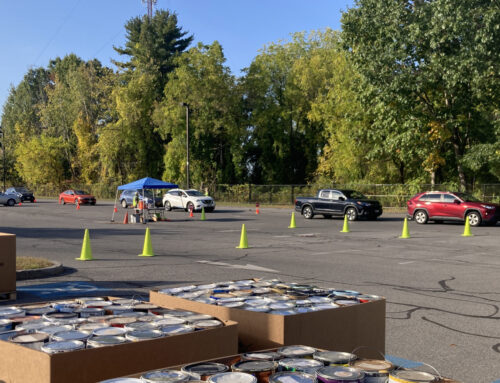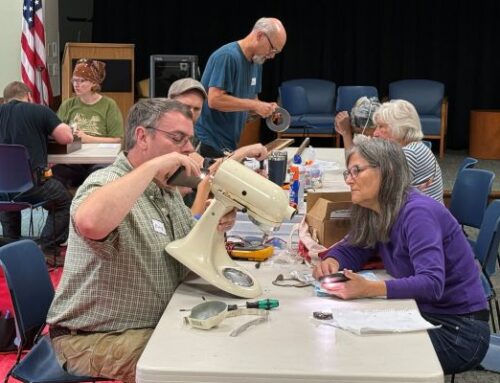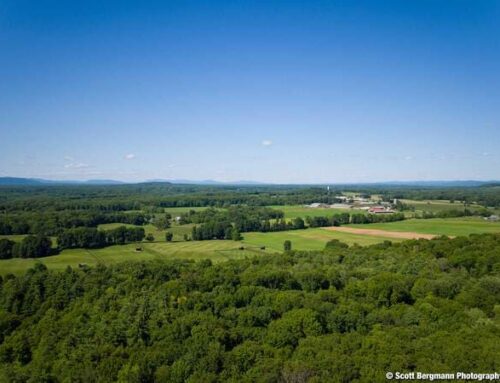
If you are a reader of our posts, you probably have some interest in wildlife and pollinator gardening. You may already know how beneficial it is to plant native perennials to support native insects and birds. You may also know that the single most important thing you can do as a wildlife gardener/responsible citizen of the world is to stop using insecticides on your lawn and garden.
What is the next step in your gardening odyssey from turf grass desert to regenerated biodiversity?
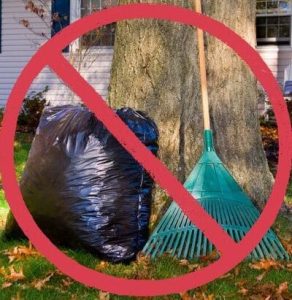 The next step is to stop chopping and/or bagging your leaves in the fall. Leaves left on the ground provide overwintering protection and insulation to bumblebees, butterflies, fireflies and a whole host of invertebrate and small vertebrate species that sleep in or on the soil in the winter. When you chop leaves with your lawn mower, you are also chopping up the small critters that live in the leaves. When you bag leaves, you are sending a generation of fireflies to the dump.
The next step is to stop chopping and/or bagging your leaves in the fall. Leaves left on the ground provide overwintering protection and insulation to bumblebees, butterflies, fireflies and a whole host of invertebrate and small vertebrate species that sleep in or on the soil in the winter. When you chop leaves with your lawn mower, you are also chopping up the small critters that live in the leaves. When you bag leaves, you are sending a generation of fireflies to the dump.
Leaves contain a treasure trove of nutrients that return to the earth to feed trees and other plants as they break down. They are also an excellent mulch. Unlike dyed wood chips, which many people use as mulch, leaves break down quickly and feed plants in the spring only a few months after they are shed by the trees. They are an important part of the nutrient cycle that goes on all around us.
The best practice is to leave the leaves where they fall, but if you really don’t like leaving leaves on your grass, you can rake them on to flower beds, under trees, or into piles at the edge of your yard. While you may not want a thick layer of leaves on top of your lawn, a thin layer doesn’t hurt the grass and actually helps to feed it. By spring, scatterings of leaves will disappear into the lawn. You don’t need to remove them from flowerbeds in the spring, the perennials will push right up through them. The remaining leaf litter will help suppress annual weeds in your garden beds.
Leaves are a valuable natural resource, and an important part of our environment; they should not be sent to the landfill.
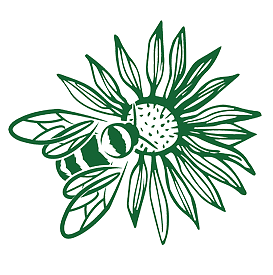 This fall, please leave your leaves
This fall, please leave your leaves


